Why sites should go offline to save the web
Barry Collins hopes that web giants can fend off the latest threat to net neutrality


Sign up today and you will receive a free copy of our Future Focus 2025 report - the leading guidance on AI, cybersecurity and other IT challenges as per 700+ senior executives
You are now subscribed
Your newsletter sign-up was successful
You can't knock Donald Trump's record. He promised to unite America, and on 12 July he will have succeeded. Because on that day, internet companies as diverse as straight-laced Amazon and America's biggest porn site will join forces (or will have joined, depending on when you're reading this) to protest against the President's attack on net neutrality.
And those two companies aren't easy bedfellows.
Net neutrality is the well-established principle of treating all internet traffic equally. It means your broadband provider will give the same priority to traffic from your website as it would Facebook's or YouTube's or anyone else's.
President Trump's advisors are not keen on this legislation, most likely because it's not got enough dollar signs in it. Instead, they're siding with America's telecoms providers, who want the option to charge Netflix and YouTube -- and you and me to put their traffic in the 'fast lane'. They may even reserve the right to block websites altogether. So if, let's say, Trump.com paid an American provider $5m, it could slow or bar access to the websites of other hotel chains. Or even political rivals.
Scrapping net neutrality plays straight into the hands of the big boys. If, 10-15 years ago, internet providers were charging companies to make their content run smoothly over their networks, there would be no YouTube, no Netflix and no Spotify, because these startup companies wouldn't have been able to afford the fees. It's expensive enough to run servers to reach millions of people, let alone pay the broadband providers to make sure that content gets through.
As a group of 800 tech startups wrote in an open letter to the US Federal Communications Commission (FCC) earlier this year: "Without net neutrality, the incumbents who provide access to the internet would be able to pick winners or losers in the market. They could impede traffic from our services in order to favour their own services or established competitors. Or they could impose new tolls on us, inhibiting consumer choice."
This makes it all the more staggering that companies such as Amazon and Netflix are leading the protests, because if they were acting entirely in their own interest, they could wipe out competition in a heartbeat. Both companies are rolling in cash and can afford life in the fast lane. They could consign rival video services to 'buffering' screens, making their own services as untouchable as BBC 1 and ITV were on British television a generation ago. There would literally be no competition.
Sign up today and you will receive a free copy of our Future Focus 2025 report - the leading guidance on AI, cybersecurity and other IT challenges as per 700+ senior executives
Instead, they've done the decent thing and joined dozens of other companies in protesting against the threat to net neutrality. At the time of writing, it wasn't clear what form the protest would take, but I know what I'd love them to do: switch their sites off.
Do it for an hour, for an evening, or ideally for the whole day but make everyone realise what the net would be like if some of the massive sites we rely on simply weren't there.
Have they got the guts to do it?
I'm not sure, but Donald Trump has certainly got the nerve to push his legislation through. The cost of scrapping net neutrality will be far greater than a few hours offline.
This article originally appeared in Web User. Main image credit: Bigstock
Barry Collins is an experienced IT journalist who specialises in Windows, Mac, broadband and more. He's a former editor of PC Pro magazine, and has contributed to many national newspapers, magazines and websites in a career that has spanned over 20 years. You may have seen Barry as a tech pundit on television and radio, including BBC Newsnight, the Chris Evans Show and ITN News at Ten.
-
 Pulsant unveils high-density data center in Milton Keynes
Pulsant unveils high-density data center in Milton KeynesNews The company is touting ultra-low latency, international connectivity, and UK sovereign compute power to tempt customers out of London
-
 Anthropic Labs chief claims 'Claude is now writing Claude'
Anthropic Labs chief claims 'Claude is now writing Claude'News Internal teams at Anthropic are supercharging production and shoring up code security with Claude, claims executive
-
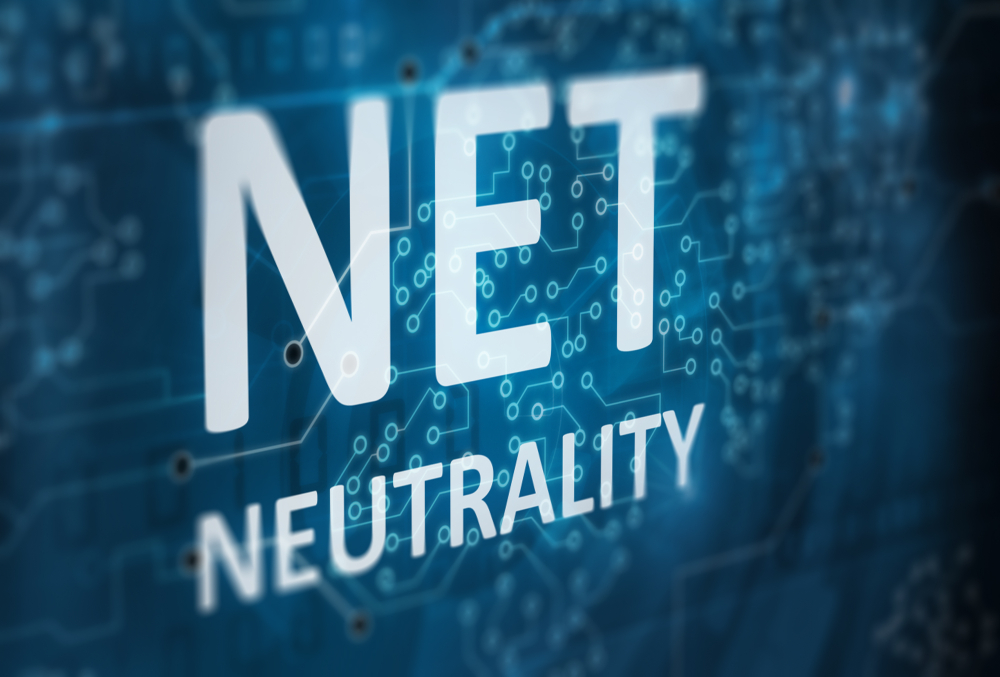 Most comments in FCC net neutrality consultation were reportedly fake
Most comments in FCC net neutrality consultation were reportedly fakeNews Subcontractors allegedly used stolen data for government petitions
-
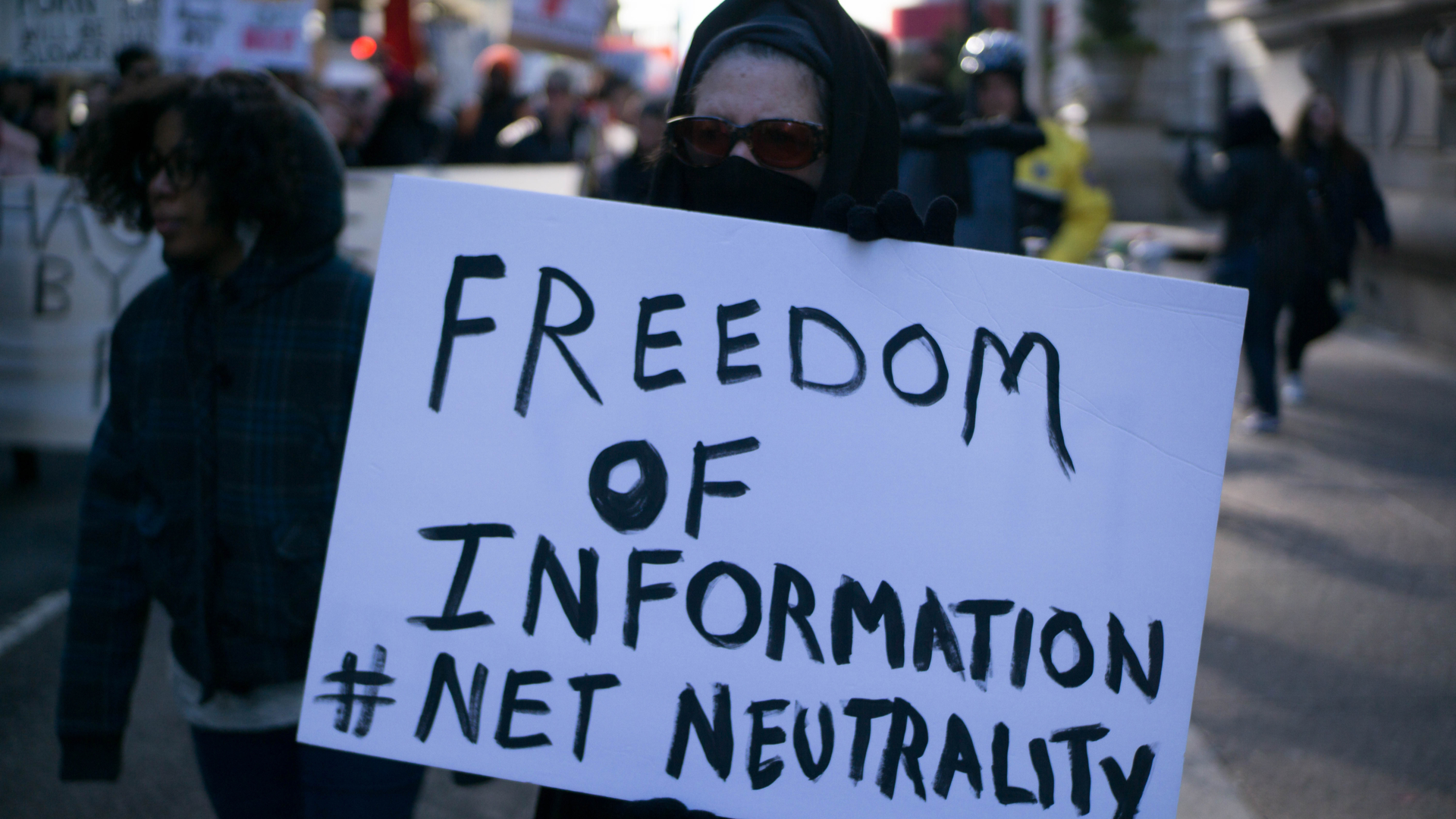 Ofcom to review net neutrality laws following EE complaint
Ofcom to review net neutrality laws following EE complaintNews The regulator will review the existing framework, which had fallen under EU legislation prior to Brexit
-
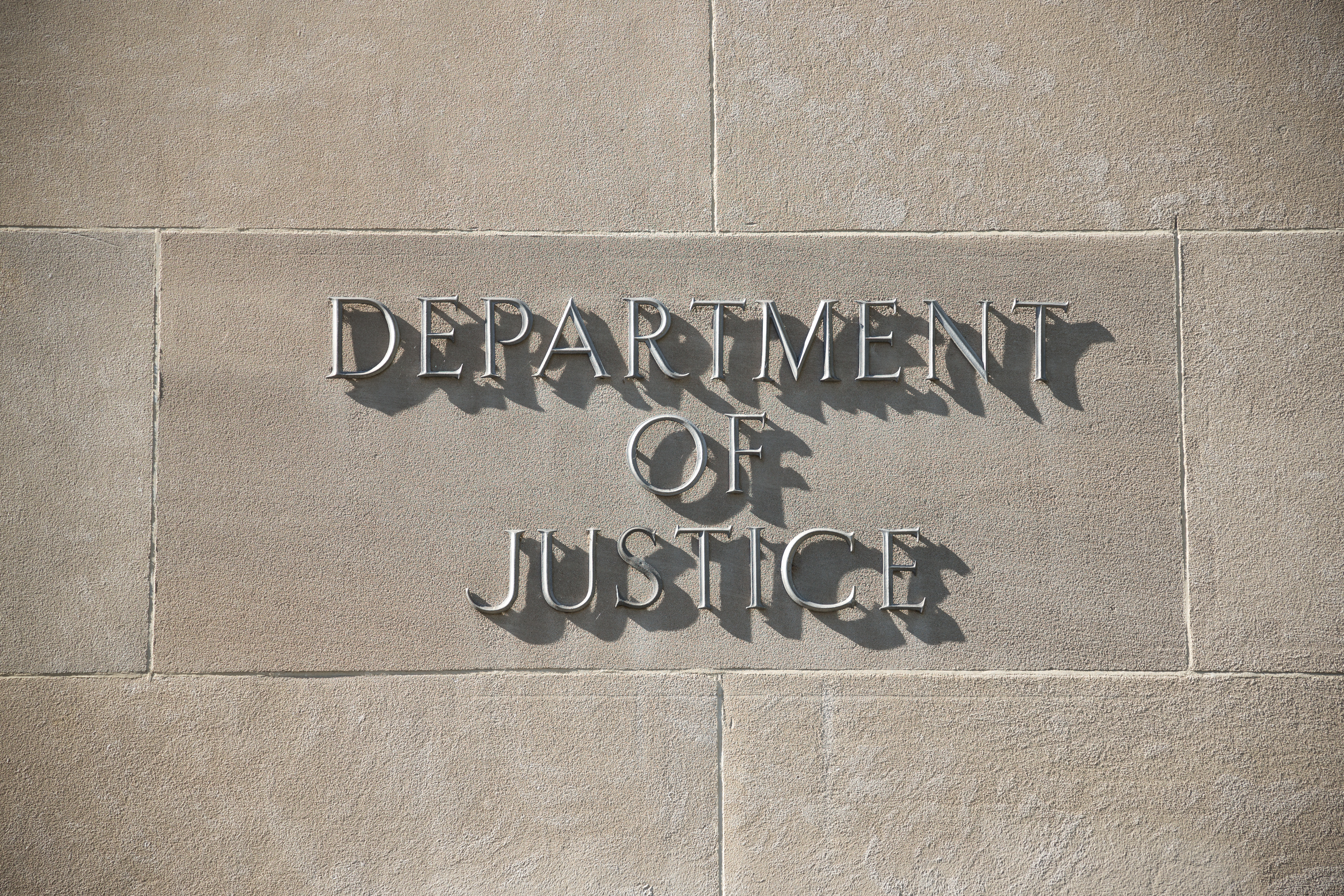 Justice Department drops net neutrality suit against California
Justice Department drops net neutrality suit against CaliforniaNews The Biden administration retracted the Trump-era legal action that challenged the state’s pro-net neutrality legislation
-
 The pros and cons of net neutrality
The pros and cons of net neutralityIn-depth Still on the fence about net neutrality? Here are both sides of the argument
-
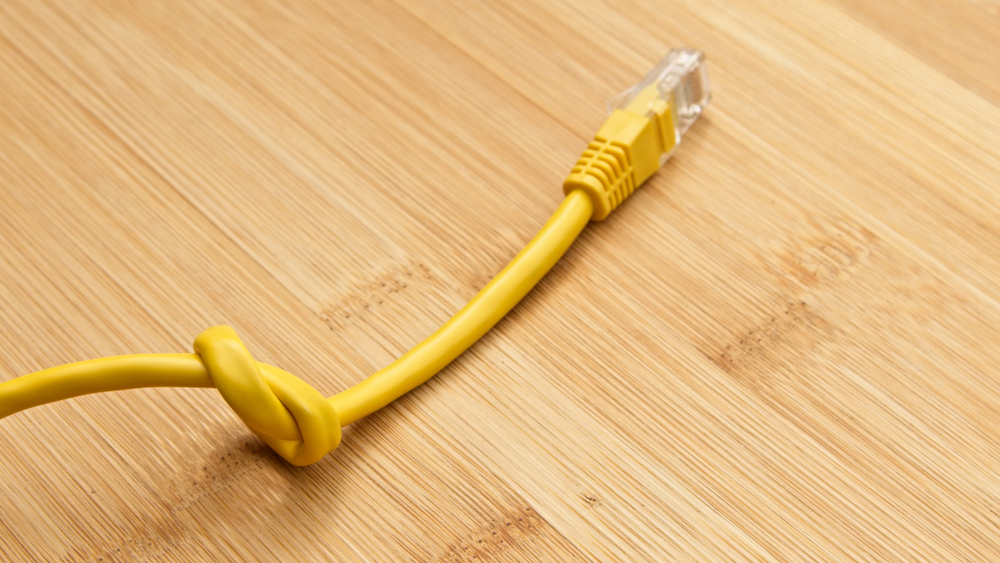 California bill gives net-neutrality campaigners new hope
California bill gives net-neutrality campaigners new hopeNews Victory in the state Assembly for the “gold standard” protections
-
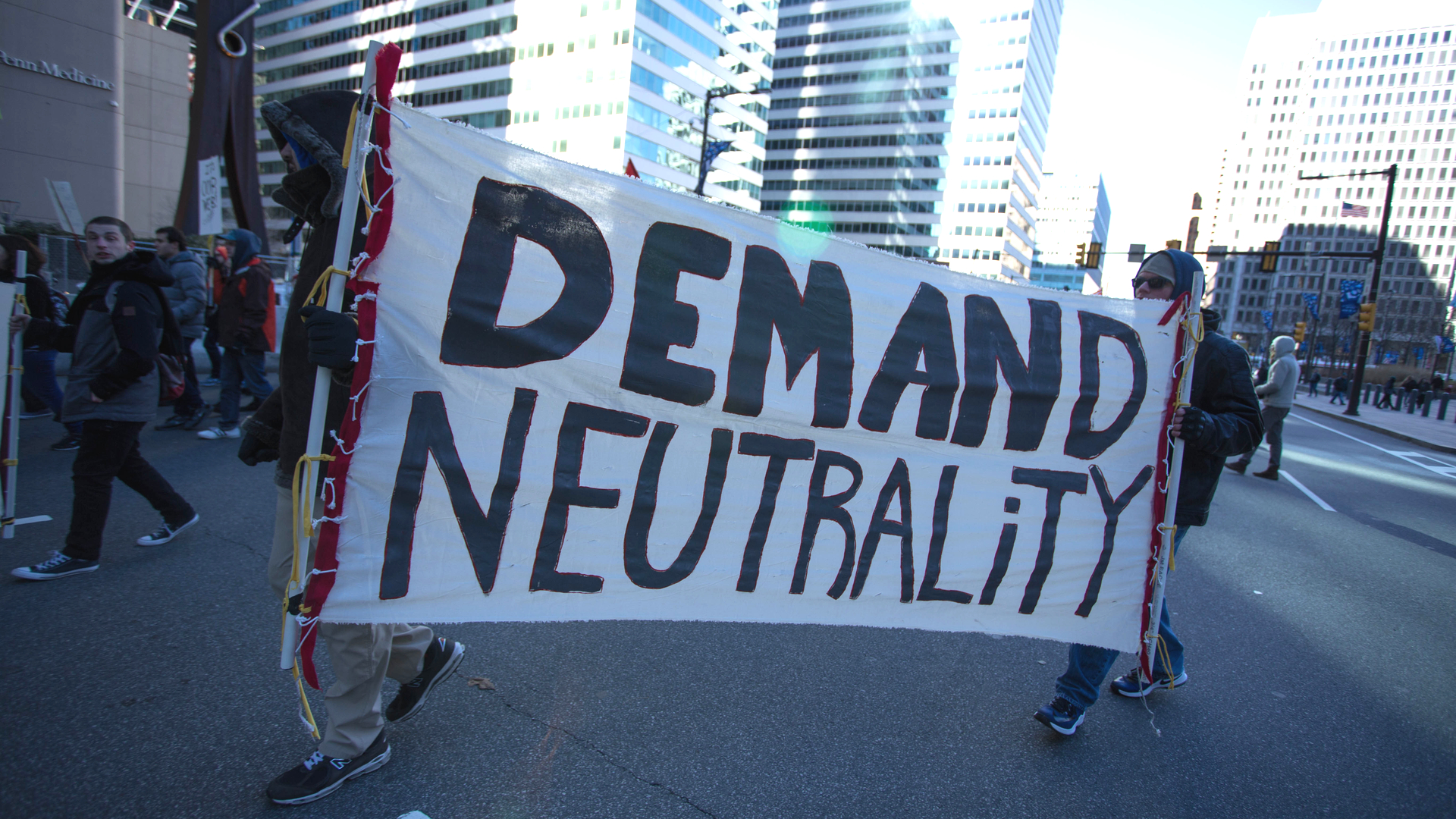 FCC admits net neutrality DDoS attack was work of fiction
FCC admits net neutrality DDoS attack was work of fictionNews FCC chairman Ajit Pai pins error on former CIO providing "inaccurate information"
-
 US Senate saves net neutrality – for now
US Senate saves net neutrality – for nowNews Republican rebels help Democrats block net neutrality repeal, but House could uphold FCC decision
-
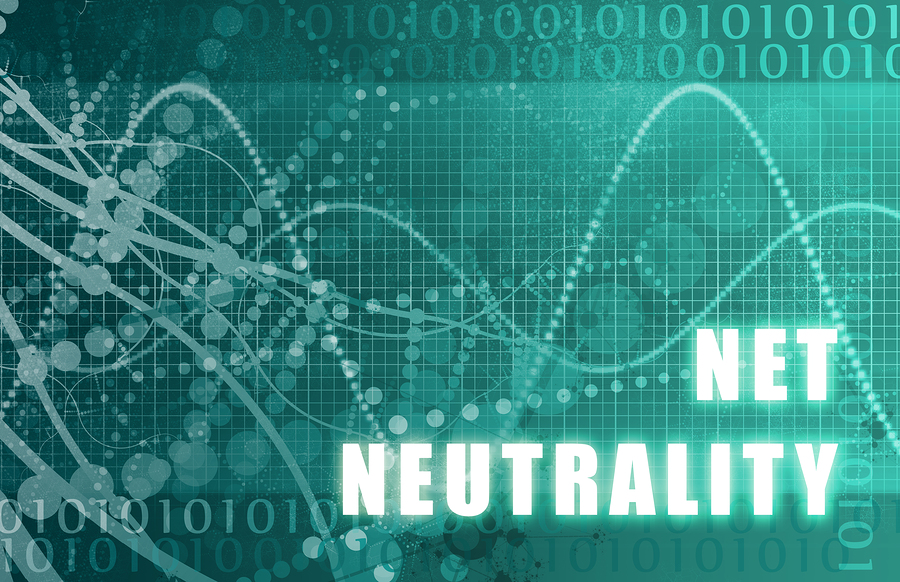 US regulator kills net neutrality with rule repealing vote
US regulator kills net neutrality with rule repealing voteNews The FCC votes to strip back consumer protection regulations
